In Florida, condominium associations are responsible for maintaining the common elements in the condominium building. In most condominiums, the common elements include vertical drain pipes which remove waste water from the condominium by connecting to the lateral drain pipes which run into each unit. Florida Statute 718.111(11)(f) generally defines the respective responsibilities between the condo unit owner and the condominium association. The association is generally responsible for the maintenance of all of the common elements in the condominium which include the main vertical drain pipes.
In order to prevent sewage backups, regular maintenance of the main plumbing line is an obligation of the association. These sewage backups typically occur when there is a blockage in the main sewer lines due to the build-up of debris which accumulated in the drain lines over a period of time, typically due to the lack of maintenance by the association. The result of these backups can cause sewage to seep back in through the plumbing fixtures in the individual units. Many of our clients have experienced sewage backups in their bathtub drains, toilets, and shower drains and in some situations, the raw sewage backups onto the floors around these fixtures.
Raw sewage, knowns as “Category 3 – Black Water” contains harmful bacteria and pathogens which when comes into contact with flooring and other building materials, requires professional decontamination and in many situations removal and replacement of the affected areas. Category 3 – Black Water is extremely unsanitary and can cause severe illness or death and contact with it should be avoided at all costs.
A condominium unit owner who has suffered a Category 3 , Black Water sewage backup in the unit should insist that the association retain licensed and insured remediation companies who typically have specialized training and equipment to remediate this type of contamination. In the event that a condominium unit has suffered from this type of backup, prompt written notification to the condominium association by the unit owner is highly recommended, even if the association is already aware of the problem. It is not uncommon for some associations to tell their residents that it is the unit owner’s responsibility to remediate a Category 3, Black Water Sewage backup. However, in most circumstances, this is simply not the case.
If you have suffered damage to your condominium unit which was the direct result of the association’s failure to maintain the common elements such as the common element drain pipes, then you may be able to require that the association repair the condition that caused the damage and pay damages to reimburse you from all resulting damage to your individual unit and the contents contained in that unit if the damage was the result of the association’s failure to maintain the common elements.
Free Consultation
If you are a condominium unit owner who has recently suffered a sewage backup, please contact us for a free consultation regarding your rights and responsibilities. We handle condominium disputes on contingency which means we do not collect a fee unless we recover money for you. In some cases, the association may be responsible to pay your attorneys’ fees under Chapter 718 of the Florida Statutes.
Of course, with every situation, there may be exceptions and differing facts which require the analysis of a mold attorney. The Mold Lawyers at Militzok & Associates offer a FREE consultation to discuss the unique facts of your mold claim with our experienced attorneys. For more information, call us at (954) 241-2260, send an e-mail to info@themold.lawyer.
Militzok & Associates are toxic sewage backup attorneys who are proud to represent individuals and families throughout the State of Florida who are suffering injuries from mold exposure, musty smells and other types of indoor air quality issues. We represent clients in the following cities of Fort Lauderdale, Pompano Beach, Coral Springs, Davie, Plantation, Weston, Miramar, Sunrise, Coconut Creek, Dania Beach, Lauderhill, Margate, Parkland, Deerfield Beach, Oakland Park, Hallandale, Pembroke Park, Pembroke Pines, Hollywood, Cooper City, Tamarac, Wilton Manors, Lauderdale Lakes, North Lauderdale, Lighthouse Point, Southwest Ranches, Hillsboro Beach, West Park and Pembroke Park.
We also represent clients in Miami-Dade county in the following cities: Miami, Miami Beach, Hialeah, Homestead, Coral Gables, Doral, North Miami, Aventura, North Miami Beach, Aventura, North Miami Beach, South Miami, Miami Gardens, Key Biscayne, Sunny Isles Beach, Pinecrest, Miami Lakes, Opa Locka, Cutler Bay, Sweetwater, Palmetto Bay, Miami Springs, Miami Shores, Florida City, Surfside, Bay Harbor Islands, North Bay Village.
In Palm Beach County, we represent clients from South Bay, Golf, Manalapan, Briny Breezes, Greenacres, Magonia Park, Hypoluxo, Highland Beach, Lark Clarke Shores, Belle Glade, Pahokee, Glen Ridge, Tequesta, Atlantis, Loxahatchee Groves, Palm Beach Shores, Haverhill, Gulf Stream, South Palm Beach, Cloud Lake, Juno Beach, Palm Springs, North Palm Beach, Wellington, Lake Park, Lantana, Palm Beach Gardens, Jupiter, Riviera Beach, Boynton Beach, Jupiter Inlet, Ocean Ridge, Palm Beach, Royal Palm Beach, Boca Raton, West Palm Beach, Lake Worth, and Delray Beach.
We are now accepting cases throughout the State of Florida in cities such as Tampa / St. Petersburg, Clearwater, Orlando, and Naples / Ft. Myers areas.

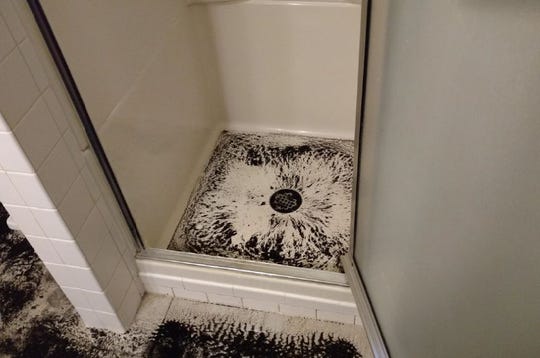
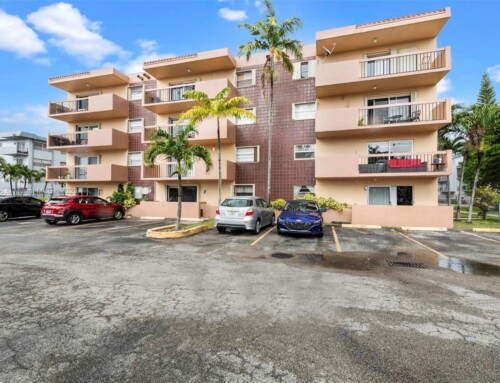
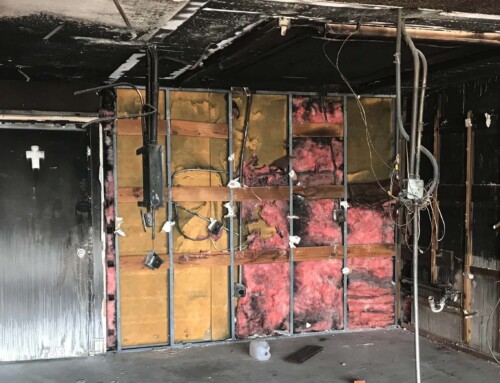
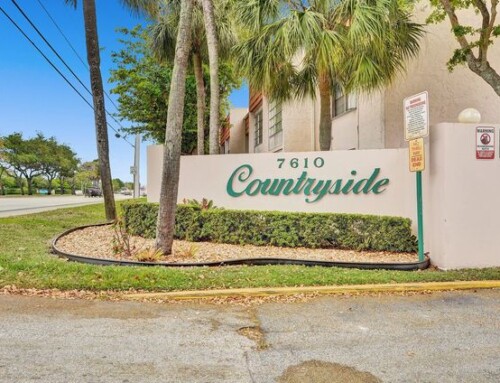
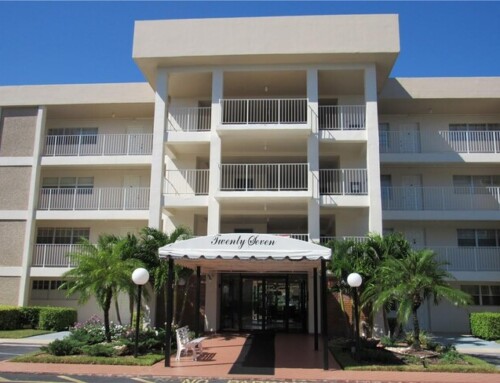
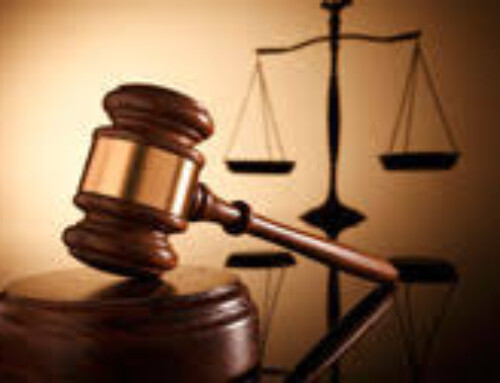
Leave A Comment